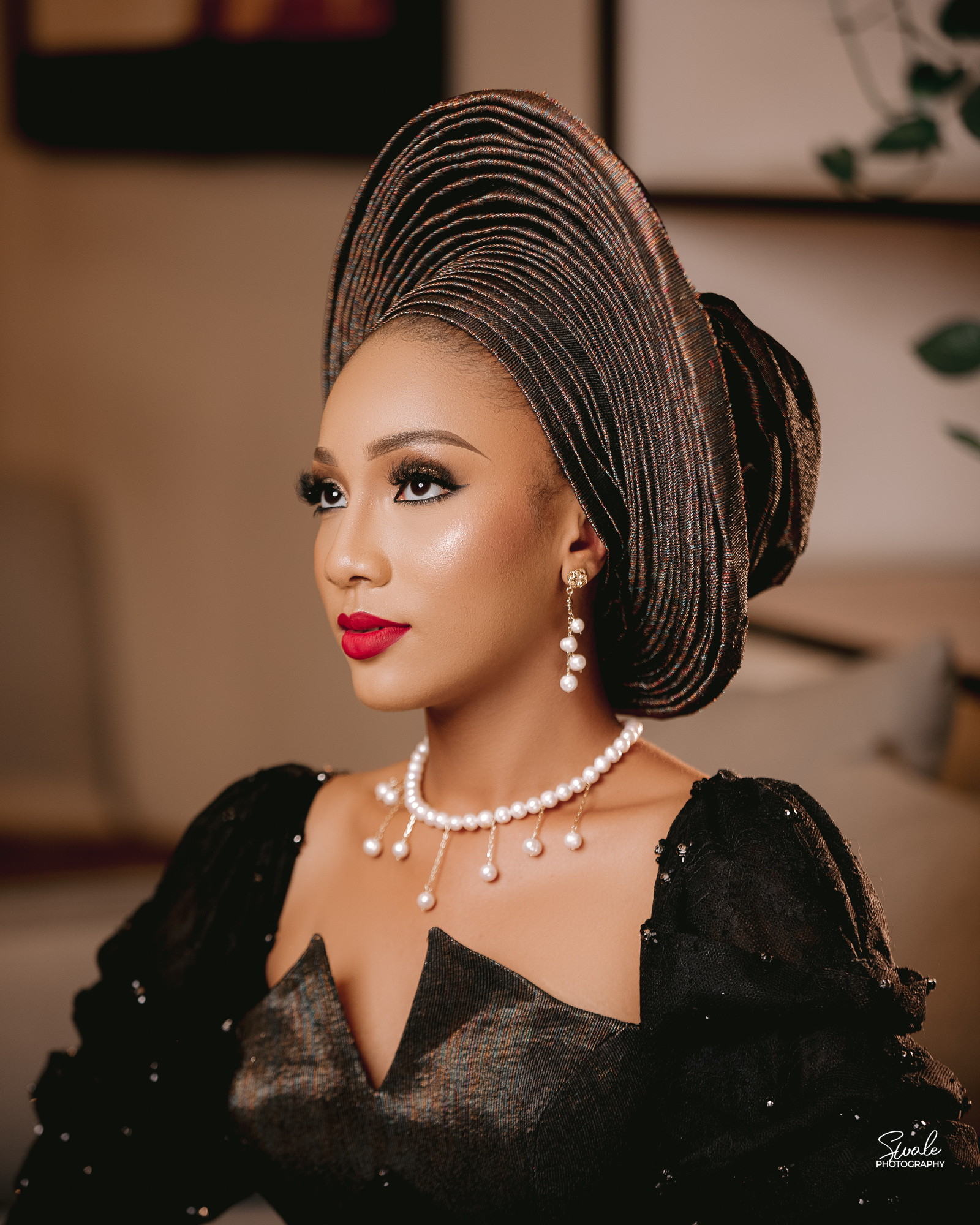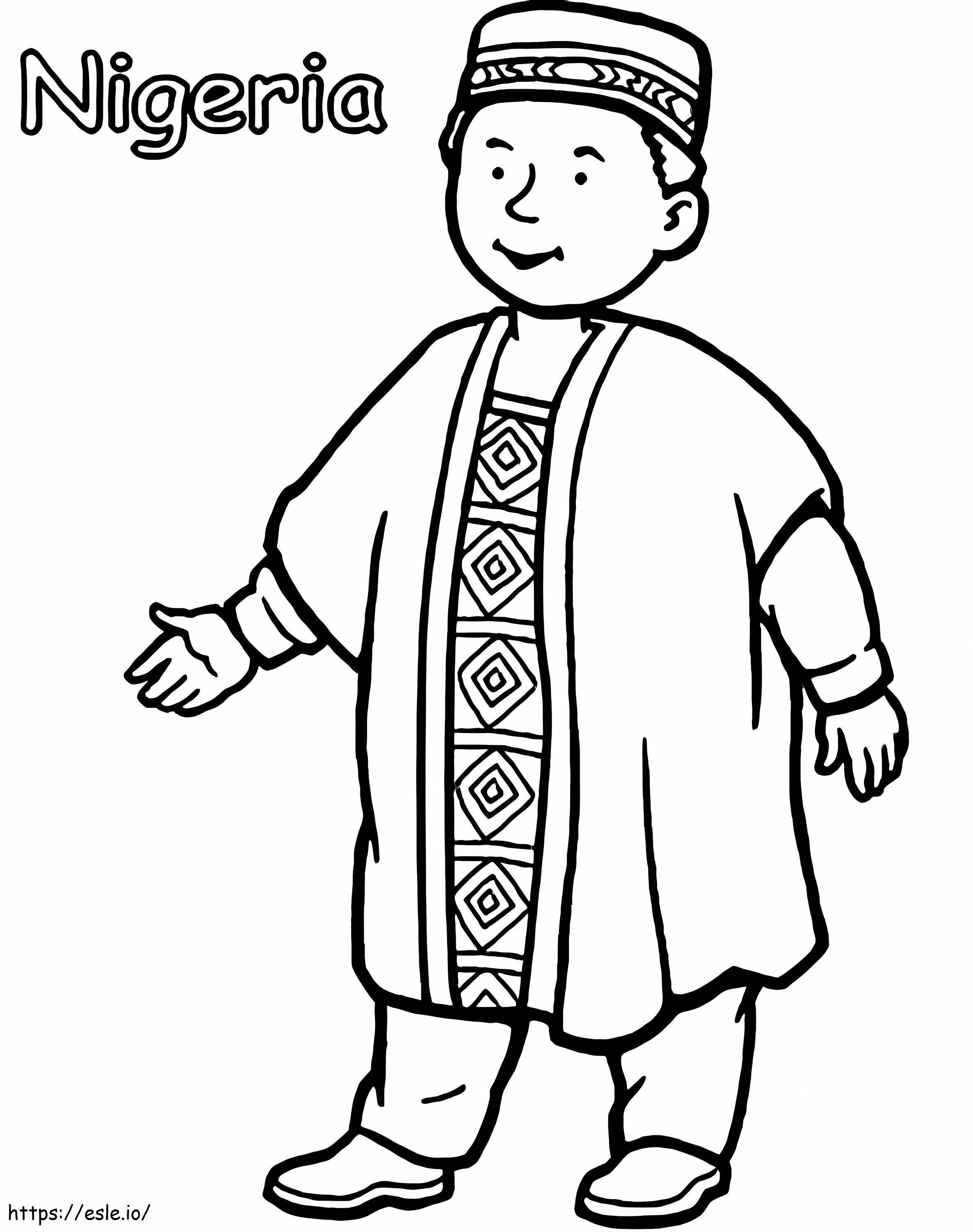So, you're here to explore Nigerian tribes, huh? Well, buckle up because this is gonna be one heck of a ride! Nigeria is not just a country; it's a melting pot of cultures, traditions, and histories that make it one of the most fascinating places on the planet. The diversity of Nigerian tribes is mind-blowing, and each tribe brings its own unique flair to the table. If you're curious about the cultural mosaic that defines Nigeria, you're in the right place!
Nigeria is often referred to as the "Giant of Africa," and for good reason. With over 250 ethnic groups, it's a nation where diversity reigns supreme. Each tribe has its own language, customs, and way of life. Whether you're a history buff, a culture enthusiast, or just someone looking to expand your knowledge, understanding Nigerian tribes is like opening a treasure chest of human heritage.
Now, before we dive headfirst into the world of Nigerian tribes, let's set the stage. This article will take you on a journey through the major tribes, their histories, languages, and traditions. We'll also touch on the challenges they face in the modern world and how they continue to preserve their rich cultural legacies. So, let's get started!
Daftar Isi
Major Nigerian Tribes
Nigeria is home to some of the largest and most influential tribes in Africa. The three dominant tribes—Hausa, Igbo, and Yoruba—account for a significant portion of the population. However, there are countless other tribes that contribute to the country's vibrant cultural landscape. Let's break it down:
Hausa Tribe
The Hausa people are predominantly found in the northern part of Nigeria. They are known for their rich Islamic heritage and influence on West African culture. Hausa is one of the most widely spoken languages in Africa, and their traditional architecture, music, and cuisine are iconic. The Hausa are also renowned traders, with a long history of commerce across the Sahel region.
Igbo Tribe
On the eastern side of Nigeria, you'll find the Igbo tribe. The Igbo are known for their entrepreneurial spirit and strong sense of community. They have a unique language and are famous for their traditional masquerades, which play a crucial role in their cultural rituals. The Igbo people have also made significant contributions to modern Nigerian society, particularly in business and academia.
Yoruba Tribe
The Yoruba tribe, predominantly located in the southwestern part of Nigeria, boasts a rich artistic tradition. From intricate wood carvings to vibrant festivals like the Osun Osogbo, the Yoruba culture is a feast for the senses. They have a deep connection to their spiritual roots, with traditional religions and orisha worship still thriving alongside Christianity and Islam.
Other notable tribes include the Fulani, Tiv, Edo, and Kanuri, each with its own distinct identity and contributions to Nigerian society.
Language Diversity
Language is at the heart of Nigerian tribal identity. With over 500 languages spoken across the country, Nigeria is a linguistic powerhouse. English serves as the official language, but it's the local languages that truly define the cultural fabric of the nation.
- Hausa: Spoken by millions and widely used in commerce and media.
- Igbo: A tonal language with complex grammar and a rich oral tradition.
- Yoruba: Known for its poetic beauty and extensive literature.
Language diversity is both a strength and a challenge for Nigeria. While it enriches the cultural tapestry, it also poses communication barriers that the country continues to navigate.
Cultural Traditions
Every Nigerian tribe has its own set of traditions that have been passed down through generations. From elaborate wedding ceremonies to ancestral festivals, these customs are a testament to the resilience and creativity of the Nigerian people.
Weddings
Weddings in Nigeria are a big deal, and each tribe has its own unique way of celebrating this joyous occasion. For example, Yoruba weddings often involve the "bride price" ceremony, where the groom's family presents gifts to the bride's family. Igbo weddings, on the other hand, feature the "Introduction Ceremony," where the couple is formally introduced to both families.
Festivals
Nigeria is a land of festivals, with each tribe hosting its own colorful celebrations throughout the year. The Argungu Fishing Festival, organized by the Hausa people, attracts thousands of visitors eager to witness the traditional fishing competition. The New Yam Festival, celebrated by the Igbo, marks the harvest season and is filled with music, dance, and feasting.
Historical Background
To truly understand Nigerian tribes, you need to delve into their history. The story of Nigeria is one of migration, colonization, and independence. Each tribe has its own historical narrative that has shaped its identity.
For instance, the Hausa-Fulani people were heavily influenced by Islamic empires, while the Igbo and Yoruba tribes were more affected by European colonization. The transatlantic slave trade also left an indelible mark on many Nigerian communities, shaping their interactions with the outside world.
Modern Challenges
Despite their rich heritage, Nigerian tribes face numerous challenges in the modern world. Issues such as urbanization, globalization, and political instability threaten traditional ways of life. Many tribes struggle to maintain their cultural practices in the face of rapid change.
Additionally, tribal conflicts over land and resources continue to plague certain regions. These conflicts are often exacerbated by economic disparities and political tensions. However, efforts are being made to promote peace and reconciliation through dialogue and community initiatives.
Preservation Efforts
Recognizing the importance of preserving their cultural heritage, many Nigerian tribes have taken steps to safeguard their traditions. Museums, cultural centers, and educational programs are being established to pass on knowledge to future generations.
Technology is also playing a role in preservation efforts. Digital archives and online platforms are being used to document languages, music, and oral histories. These initiatives ensure that the rich cultural legacy of Nigerian tribes is not lost to time.
Tribal Conflicts
No discussion of Nigerian tribes would be complete without addressing the issue of tribal conflicts. While many tribes coexist peacefully, there are areas where tensions run high. These conflicts are often rooted in historical grievances, economic competition, and political manipulation.
Efforts to resolve these conflicts include peacebuilding initiatives, intertribal dialogues, and government intervention. The goal is to foster mutual understanding and cooperation among the diverse ethnic groups that make up Nigeria.
Economic Contributions
Nigerian tribes play a vital role in the country's economy. From agriculture to trade, each tribe brings its own expertise and resources to the table. The Hausa are renowned for their trading networks, the Igbo are celebrated for their business acumen, and the Yoruba are known for their craftsmanship.
Moreover, the cultural industries, such as music, film, and fashion, are thriving thanks to the creativity and innovation of Nigerian tribes. Nollywood, for example, has become a global phenomenon, showcasing the talent and diversity of Nigerian artists.
Global Impact
The influence of Nigerian tribes extends far beyond the borders of Africa. Nigerian music, fashion, and cuisine have gained international recognition, with artists like Fela Kuti and Wizkid bringing Nigerian culture to the global stage.
Moreover, the diaspora community plays a crucial role in promoting Nigerian heritage around the world. Through cultural festivals, art exhibitions, and community events, Nigerians abroad continue to celebrate and share their rich traditions with others.
Conclusion
As we wrap up this deep dive into Nigerian tribes, it's clear that Nigeria is a country of immense cultural richness and diversity. From the vibrant traditions of the Hausa, Igbo, and Yoruba to the countless other tribes that call Nigeria home, the cultural tapestry of this nation is truly breathtaking.
While challenges remain, the resilience and creativity of Nigerian tribes continue to inspire. By preserving their traditions and embracing change, these tribes are ensuring that their cultural legacy endures for generations to come.
So, what do you think? Are you ready to explore the world of Nigerian tribes further? Leave a comment below and let us know your thoughts. And don't forget to share this article with your friends and family who might be interested in learning more about the incredible diversity of Nigeria!



Detail Author:
- Name : Macey Padberg
- Username : lockman.rebecca
- Email : qconsidine@yahoo.com
- Birthdate : 1991-10-29
- Address : 32937 Russel Landing North Newell, ME 77590-3492
- Phone : (407) 462-6252
- Company : Greenfelder Group
- Job : Statement Clerk
- Bio : Rerum nihil aperiam et nam. Mollitia et doloribus et dolores. Velit qui minima praesentium maxime nihil.
Socials
instagram:
- url : https://instagram.com/margie.schmidt
- username : margie.schmidt
- bio : Officiis et culpa pariatur suscipit id. Molestiae magnam ea voluptatem est voluptas molestiae enim.
- followers : 4546
- following : 2622
tiktok:
- url : https://tiktok.com/@schmidtm
- username : schmidtm
- bio : Esse earum soluta molestias minus. Eos consequuntur est aliquam eos dolores.
- followers : 5582
- following : 1928